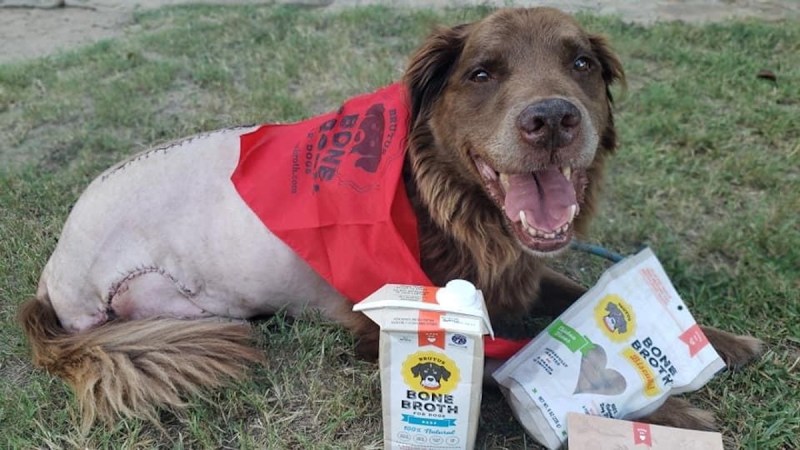The USS Philadelphia, a 1,240-ton, 36-gun sailing frigate, was built by the residents of Philadelphia who collected $100,000 to fund her construction during one week in June 1798. She was completed in November 1799 and was commissioned under the command of Capt. Stephen Decatur Sr.
Three years later, during the First Barbary War, the Philadelphia ran aground in Tripoli harbor and was captured. A year after that, Capt. Decatur’s son, Lt. Stephen Decatur Jr., devised a plan to keep the enemy from using the ship.
He was going to board her and retake her.
British Lord Horatio Nelson, then a vice admiral, would call the raid that followed “the most bold and daring act of the Age.” It would also make Lt. Decatur a national hero in the fledgling United States — its first military hero since the Revolution.

As darkness fell on Feb. 16, 1804, Lt. Decatur and eighty volunteers, most of whom were Marines, sailed into Tripoli harbor aboard the USS Intrepid, a captured Tripolitan ship that had been disguised with short masts and triangular sails. She flew a British flag. On her deck were Sicilian volunteers who spoke Arabic while the Marines, dressed as Maltese sailors and Arab seamen, huddled below decks. The Intrepid had sailed with the USS Syren, which remained outside the harbor but would supply supporting fire if needed.
To avoid calling attention to the raid, the Marines were told that the use of firearms was prohibited.
As the Intrepid approached the Philadelphia, one of the Arabic-speaking volunteers called out that their ship had lost her anchors. They wanted to use the harbor to rig a replacement but needed a place to tie up for the night. Before her capture in 1803, the Philadelphia’s commander, Commodore William Bainbridge, had jettisoned some of the ship’s guns and three anchors, moved other guns forward, and had had her foremast cut down in an unsuccessful attempt to free her from the reef she was on. He had then tried to scuttle the ship but that, too, failed, and he and his crew became prisoners.

Bainbridge later called his capture “humiliating.”
The Philadelphia had not yet been fully repaired, and her upper yardarms and sails had also been removed.
The guard aboard the Philadelphia gave the disguised Intrepid permission to tie up alongside. When she did, Decatur yelled “Board!” He and his volunteers flooded aboard the captured US vessel armed with pikes and cutlasses.
“Not a man had been seen or heard to breathe a moment before,” the Intrepid’s Surgeon Mate Lewis Heermann later wrote; “at the next, the boarders hung on the ship’s side like cluster bees; and, in another instant, every man was on board the frigate.”

In ten minutes of bloody, hand-to-hand fighting, the US volunteers killed twenty of the Tripolitan crew and captured one. The rest had fled the ship by jumping overboard. One American had been wounded.
Decatur had hoped to sail the Philadelphia out of the harbor after he had taken her but quickly realized that’d be impossible because of her condition. He also realized the smaller Intrepid would not be able to tow the Philadelphia. To keep the ship from being used against American vessels, there was only one alternative and his orders had been clear: If he couldn’t bring her out of the harbor, he was to burn her.
Decatur’s men fired the ship.

As the flames grew, the Americans returned to the Intrepid. Lt. Decatur was the last man to leave the Philadelphia, which he did with a dramatic leap into the Intrepid’s rigging. As the Intrepid pulled away and headed toward the harbor entrance, the flames spread throughout the Philadelphia. The guns still aboard her, which were primed and ready, began firing in the heat, some of the discharges striking the town. The ship also began drifting as her ropes gave way. She finally grounded herself, still burning, on rocks near the entrance to the harbor. By then, the enemy in the town had realized what was happening and began firing on the Intrepid from the shore and preparing to launch small boats.
The American Syren replied with fire from the harbor mouth as Decatur and the Intrepid sailed out of the harbor, the American crew cheering.


















